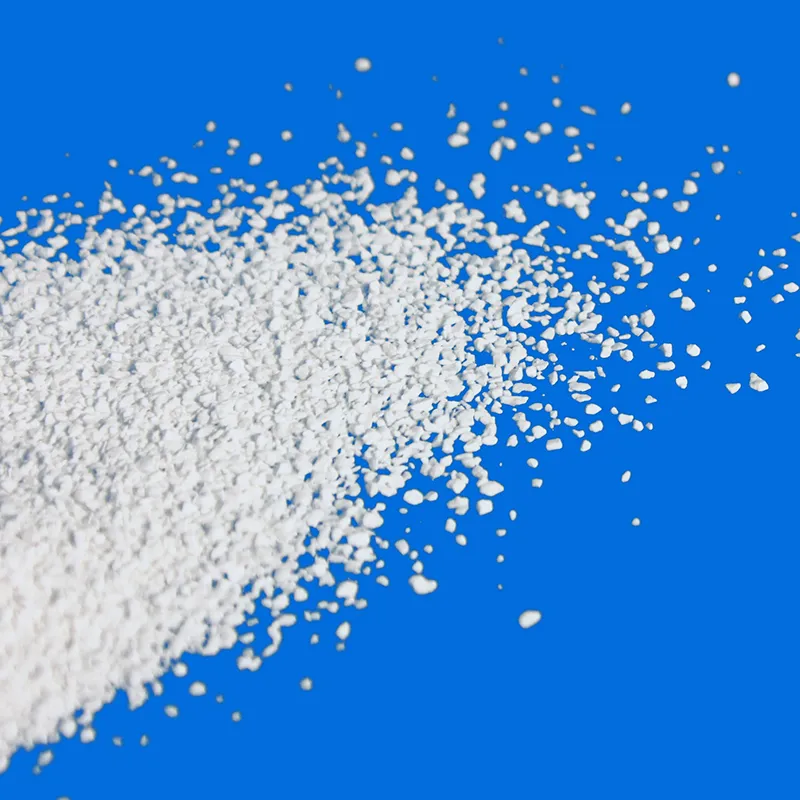
food additives to avoid
Avoiding Harmful Food Additives A Guide to Healthier Eating
In an era where convenience often trumps nutritional value, the food industry has introduced an array of food additives designed to enhance flavor, extend shelf life, and improve appearance. While some additives are considered safe, others can have adverse effects on health. This article aims to raise awareness about certain food additives to avoid and promote healthier eating habits.
1. Artificial Sweeteners
Many people turn to artificial sweeteners as a way to reduce caloric intake. Common examples include aspartame, saccharin, and sucralose. Although they may assist in weight control, research has linked these substances to various health issues. Aspartame, in particular, has been associated with headaches, dizziness, and even an increased risk of metabolic disorders. Additionally, some studies suggest that artificial sweeteners can disrupt the body’s natural ability to regulate sugar, potentially leading to an increase in cravings and weight gain.
2. High-Fructose Corn Syrup (HFCS)
High-fructose corn syrup is a sweetener derived from corn starch that has become prevalent in processed foods and beverages. HFCS is cheaper than sugar and enhances flavor, but excessive consumption has been linked to obesity, diabetes, and other health problems. It is often found in sodas, snacks, and sauces, making it easy to consume in large quantities. Opting for natural sweeteners like honey or maple syrup, or simply reducing overall sugar intake, can be a healthier alternative.
3. Trans Fats
Trans fats are artificially created fats used to improve texture and extend shelf life in processed foods. While they can make food taste better, they significantly increase the risk of heart disease and other cardiovascular problems. Food products that contain partially hydrogenated oils are often high in trans fats. To avoid these harmful substances, read labels carefully and choose products labeled as trans fat-free or containing “no partially hydrogenated oils.
4. Artificial Colors and Dyes
food additives to avoid

Brightly colored foods may be appealing, but many of these colors come from artificial dyes that can lead to adverse health effects. Common dyes like Red 40, Yellow 5, and Blue 1 have been linked to hyperactivity in children, allergic reactions, and even cancer in animal studies. To minimize exposure, opt for foods with natural colors derived from fruits, vegetables, and spices. For example, beet juice can provide a natural red coloring, while turmeric offers a vibrant yellow hue.
5. Sodium Nitrite and Nitrate
Sodium nitrite and nitrate are commonly used as preservatives in processed meats such as bacon, hot dogs, and deli meats. These additives help prevent bacterial growth and preserve color. However, when cooked at high temperatures or under certain conditions, they can form nitrosamines, which are known carcinogens. To reduce risk, limit consumption of processed meats and choose natural options without added nitrates or nitrites.
6. Monosodium Glutamate (MSG)
MSG is a flavor enhancer frequently used in Asian cuisine and processed foods. While the FDA considers MSG safe, some people report sensitivity to it, experiencing headaches and nausea after consumption. Some studies have also raised concerns about its potential impact on brain health and obesity. For those sensitive to MSG or concerned about its effects, it is best to avoid products containing it and focus on natural spices and herbs for flavoring.
7. Propyl Gallate
Propyl gallate is an antioxidant used to preserve fats and oils in food products. It is found in many processed foods and is generally regarded as safe. However, some studies have suggested a possible link between propyl gallate and cancer, as well as potential effects on hormone levels. Avoiding products containing this additive may be a healthier choice, especially for those concerned about long-term health effects.
Conclusion
Being an informed consumer is crucial in today’s food landscape. While many food additives might seem harmless at a glance, their long-term effects can be detrimental to health. By avoiding harmful substances such as artificial sweeteners, trans fats, and certain preservatives, individuals can take a proactive approach to their health. Opting for whole, unprocessed foods whenever possible is not only beneficial for well-being but also helps create a sustainable food environment. Remember, a little knowledge can go a long way in making healthier choices.
-
Buy High-Quality Trichloroisocyanuric Acid for Sale | TCCA 90% SupplierNewsAug.30,2025
-
Pure Sodium Dichloroisocyanurate Dihydrate | Powerful DisinfectantNewsAug.29,2025
-
Industrial Chemicals: Quality & Purity for Every IndustryNewsAug.28,2025
-
Nitrile Rubber Honoring Strict Production StandardsNewsAug.22,2025
-
Aspartame Ingredients Honoring Food Safety ValuesNewsAug.22,2025
-
Fertilizer for Balanced Plant NutritionNewsAug.22,2025
-
Cyanide Gold Processing with High Purity AdditivesNewsAug.22,2025
Hebei Tenger Chemical Technology Co., Ltd. focuses on the chemical industry and is committed to the export service of chemical raw materials.
-

view more DiethanolisopropanolamineIn the ever-growing field of chemical solutions, diethanolisopropanolamine (DEIPA) stands out as a versatile and important compound. Due to its unique chemical structure and properties, DEIPA is of interest to various industries including construction, personal care, and agriculture. -

view more TriisopropanolamineTriisopropanolamine (TIPA) alkanol amine substance, is a kind of alcohol amine compound with amino and alcohol hydroxyl, and because of its molecules contains both amino and hydroxyl. -

view more Tetramethyl Thiuram DisulfideTetramethyl thiuram disulfide, also known as TMTD, is a white to light-yellow powder with a distinct sulfur-like odor. It is soluble in organic solvents such as benzene, acetone, and ethyl acetate, making it highly versatile for use in different formulations. TMTD is known for its excellent vulcanization acceleration properties, which makes it a key ingredient in the production of rubber products. Additionally, it acts as an effective fungicide and bactericide, making it valuable in agricultural applications. Its high purity and stability ensure consistent performance, making it a preferred choice for manufacturers across various industries.





